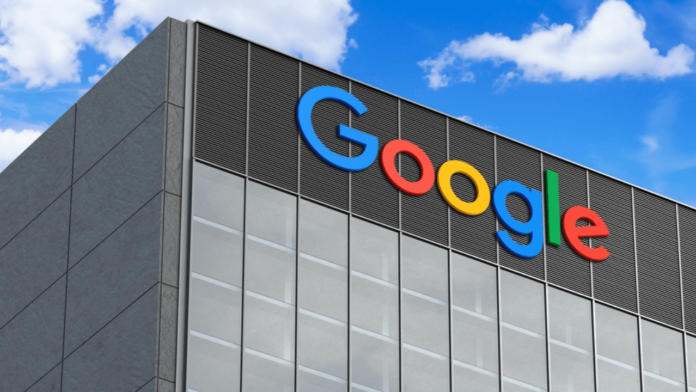Google, which came to the fore with the leak of more than 2,500 internal documents to the public, confirmed the authenticity of its documents.

Earlier this week, Google came under the spotlight when more than 2,500 internal documents were leaked to the public. Until now, Google had kept silent about the documents. Today, the company confirmed the authenticity of the leaked search documents.
In the documents in question, data that can be used in the search ranking algorithm is shared in detail. The existence of the documents was first raised by search engine optimization (SEO) experts Rand Fishkin and Mike King. Both experts published their initial analysis of the documents and their contents earlier this week.
Content of the leaked documents
The leaked documents refer to the “NavBoost” system mentioned by Vice President of Search Pandu Nayak in his US Department of Justice trial testimony. Allegedly, NavBoost initially collected data from Google’s Toolbar PageRank. Needing more clickstream data, the company decided to create the Chrome browser.
NavBoost used the number of searches for a given keyword, the number of clicks on a search result, and short clicks versus long clicks to determine trending search demand.
Google also allegedly analyzed clicks and engagement on searches during and after the main query. This approach is referred to as “NavBoost querying”.
In short, according to the leaked material, Google is collecting and using data that company representatives say has so far not contributed to ranking web pages in Google Search. This includes Chrome user data.
According to the information shared, the thousands of pages of leaked documents serve as a repository of information for Google employees. However, it is not known which pieces of data were used in detail to rank search content. At this point, it should be noted that the information may not be up-to-date. On the other hand, the information in question could be used for educational purposes, or it could have been collected but not specifically used for Search.
Statement from Google
Google spokesperson Davis Thompson released the following statement:
“We caution against making incorrect assumptions about Search based on out-of-context, outdated, or incomplete information.”
“We’ve shared extensive information about how Search works and what factors our systems weigh, and we’re also working to protect the integrity of our results from manipulation.”
Until now, Google has been tight-lipped about how its algorithm works. The company’s disclosures in the US Justice Department’s monopolization case, combined with the leaked documents, provide a clearer picture of Google’s approach to rankings.




